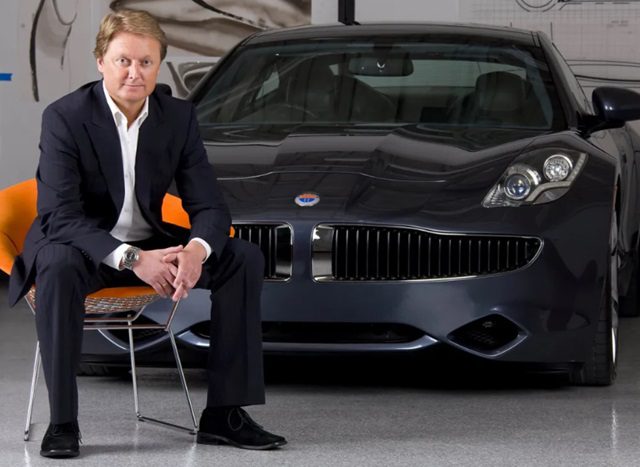BTN News: In a major electric vehicle industry bankruptcy this week, Fisker – the company founded by Henrik Fisker and Geeta Gupta-Fisker – filed for Chapter 11 earlier this week. Further, the company experienced slow sales of its only EV model, the Ocean, and lingering quality problems only exacerbated this problem. Those roadblocks, along with a large financial loss in recent years, led to Fisker filing for bankruptcy under Chapter 11.
Fisker’s struggles, industry analysts expected: they pointed to the similarities between what Henrik Fisker attempted before, as head of Fisker Automotive which shuttered in bankruptcy in 2014 under similar operational stresses. That made it tough for the company to be a “Tesla clone” success, facing heavy competition from both traditional automotive giants and myriad newbies in the EV market-especially Chinese startups with good-looking cars at very reasonable prices.
Analyst: Karl Brauer, iSeeCars Setter, writing at WindingRoad. com, lists Fisker’s key financial and strategic failures that drove the company into the ground. He said other EV startups aiming to follow the path of Tesla had underestimated how long they would have to remain financially sound in a cutthroat industry.
The management style too, at Fisker drew some heat, with wife of Henrik Fisker as the CFO’ a move which made many within the industry to raise their eyebrows. The effects of inefficient management decisions, and there were not always good management decisions, eroded investor confidence and caused a wider issue in terms of market opportunity.
A number of operational deficits that undermined Fisker were highlighted by Lauren Fix of Car Coach Reports, such as ongoing delays in product delivery, quality control and software issues. This, along with other issues (such as the always-difficult task of building a mass-appeal customer base and achieving profitability in the equally competitive and over-saturated EV landscape) all contributed to Fisker hitting a wall awhile ago.
Given Fisker’s track record of bankruptcy with Fisker Automotive, investors and industry stakeholders were steered away from providing support for the company’s grand but troubled aspirations. Chart 4.doc (19 KB) The dependence on internal and external funding added to the financial burden, aggravated by mismanagement and market forces.
Fisker’s fate serves as a cautionary tale, as the electric-vehicle market expands-there are now close to 1,000 electrically charged models globally-and it continues to mature. Without profits, this is an industry that continues to struggle with oversaturation and hypercompetition, which will undoubtedly influence the environment future entrants face.
The Chapter 11 case represents not just a turning point for Fisker, but also indubitably a moment of reflection for the industry broadly not unlike the passing of a familiar yet often uncomfortable milestone in life. As investors deal with the aftermath, the story of Fisker offers a cautionary tale that will likely influence strategies and investment in a rapidly growing industry for years to come.


